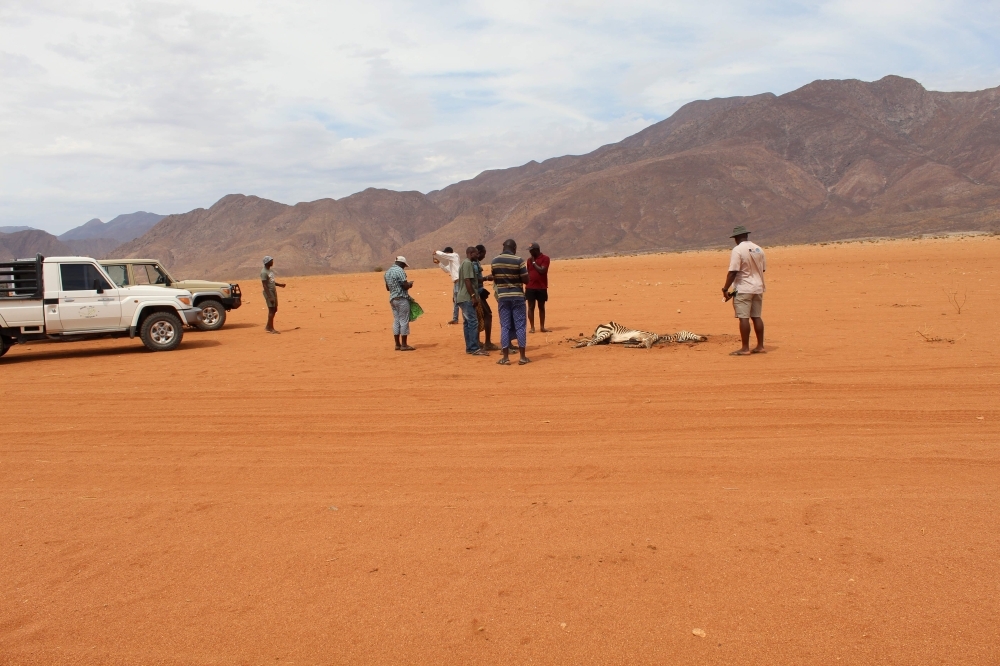Off-grid but never out of touch
Twoobii helps to bridge the Kunene
The Kunene River delineates the border between Namibia and Angola, winding through the most remote and harsh regions of southern Africa. This area is of immense importance for wildlife, particularly unique and rare desert-adapted species.To foster collaboration and preservation efforts, both governments have established the Iona-Skeleton Coast Transfrontier Conservation Area (TFCA). TFCA is a modern approach recognizing that ecosystems extend beyond national boundaries.
The TFCA houses conservation projects that involve cross-border ecosystem management and wildlife protection. The EU-funded SCIONA project initially managed these endeavors, running successfully for three years starting in February 2018.
An encouraging development in African ecology is the involvement of local communities in conservation decisions. Instead of solely relying on government departments, management authority is increasingly shared with community stakeholders who coexist with wildlife in these ecosystems.
Despite operating in such remote regions, beyond the reach of conventional broadband, the SCIONA team, led by Namibia University of Science & Technology (NUST), required internet connectivity for wildlife monitoring technology and research. Additionally, a head office in Marienfluss demanded reliable connectivity, which posed challenges due to the rugged terrain and mountainous ranges impeding traditional terrestrial technology.
To overcome these obstacles, Q-KON Africa's Twoobii Smart Satellite Services proved ideal. This system offered fast, reliable, multipoint internet connectivity at an affordable price point, catering to remote locations like the TFCA. Moreover, the inclusion of a solar power energy source ensured an off-grid solution, independent of utility connections.
The Digital Hub installed with the Twoobii system became an essential asset for the community, empowering livestock farmers and residents. It facilitated vital satellite broadband connectivity, enabling them to share information on animal movements that could affect their livestock and strengthening community bonds.
The Marienfluss community greatly benefited from the Twoobii satellite broadband connectivity. They could document human-wildlife conflicts, alert neighboring communities about dangerous animal movements, and stay in touch with distant relatives and children attending schools in town, sparing them arduous journeys to urban centers.
The success of this project exemplifies the effectiveness and adaptability of Twoobii Smart Satellite Services in supporting conservation initiatives and enriching lives within remote communities.



